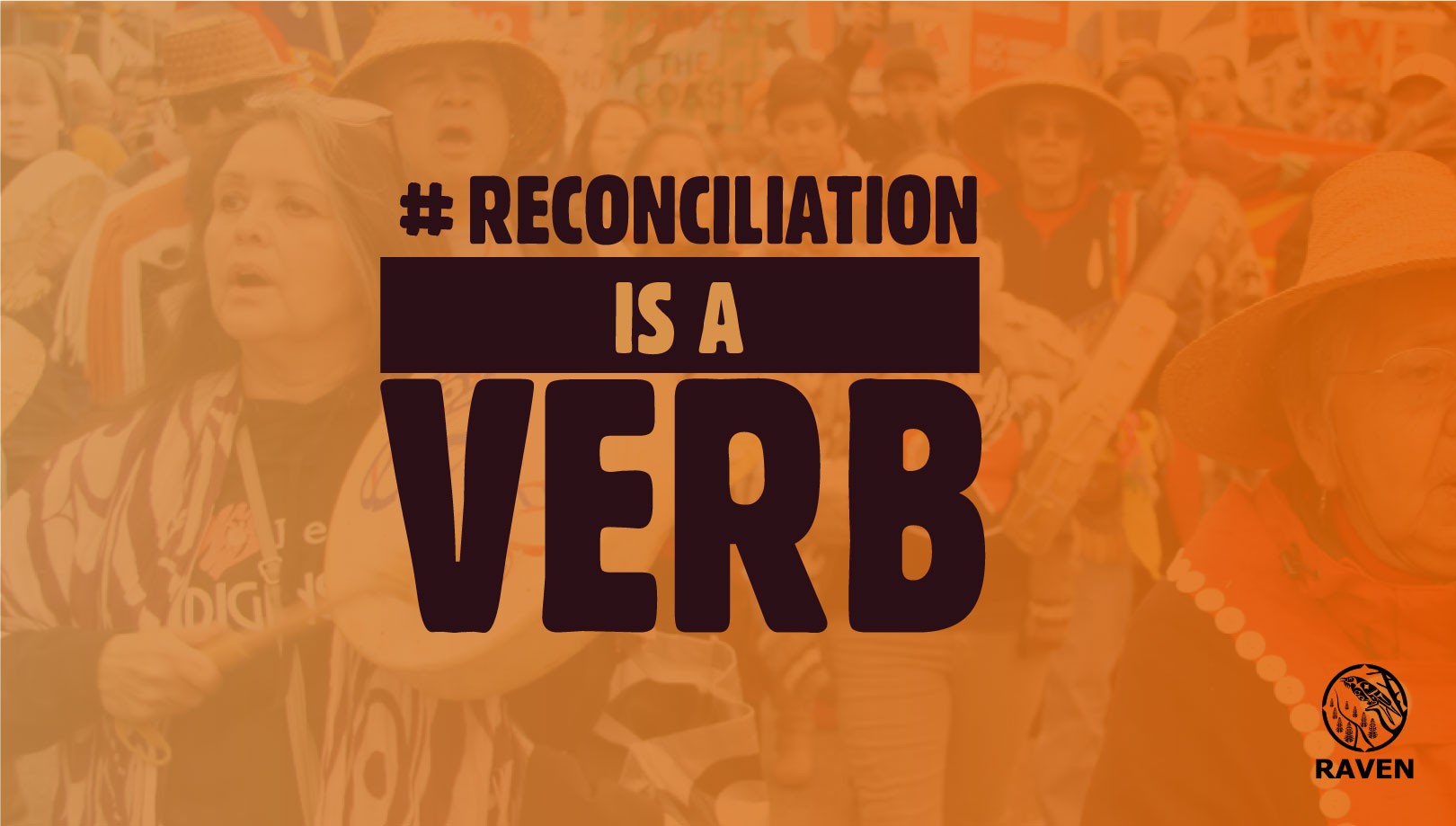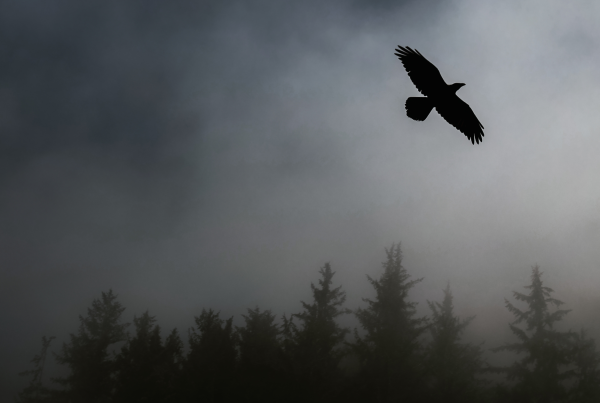Many are calling National Day for Truth and Reconciliation a day of reflection. While decolonizing is a process that requires introspection, the enormity of “reconciliation” also calls for responsive action.
Unfortunately, the concept of “reconciliation” is often co-opted by politicians who use it to continue enacting colonial agendas, often by the same old means. In a stunning act of colonial violence, just three days before Canada was to mark “Reconciliation Day”, a Wet’suwet’en ancestral village site, Ts’elkay Kwe, was razed by Coastal GasLink to make way for a fracked gas pipeline — even though that project does not have the Free, Prior and Informed Consent of the Wet’suwet’en people.
This is an affront.
Before we can even think or speak of “reconciliation” or “healing” or “right relationship”, all violence against Indigenous Peoples and their lands must STOP. On this Reconciliation Day let us recommit to putting our energy and resources toward redress and reparation.
While many Canadian power structures stay stuck in the colonial mire, the passionate work of Murray Sinclair, Christi Belcourt, Pam Palmater, Saul Brown, Ryan McMahon, Karen Joseph and Bruce McIvor offers new possibilities. Here at RAVEN, we’ve collected a compendium of resources, highlighted by these amazing Indigenous leaders and elders, to share with our community today.
As we take in their words, may we also take up the challenge: of putting the ‘action’ in reconciliation and bringing their work to life to transform our relationships, our systems of government, and our communities.

Murray Sinclair
Reconciliation will never succeed so long as one side sees it as a question of rights, and the other side sees it as an act of benevolence.
The interesting thing I find when talking about reconciliation is that we’re talking primarily to younger Indigenous people. But we need to engage with non-Indigenous people and broaden the conversation. Indigenous people are frustrated because we are doing so much of the work: we do it because we know it’s important, but at the end of the day we don’t see results. That’s very frustrating.
In the Truth and Reconciliation Commission process, getting to the truth was hard. Revealing to Canada what went on was hard. But getting to reconciliation is going to be even harder, because now we have to convince Canadians that they have to change.
There are still some major calls to action that have never been addressed. A new legal relationship needs to be established that is fully cognizant of the rights of Indigenous peoples.
Reconciliation is not an Indigenous problem. It is a Canadian one. We have described for you a mountain. We have shown you the way to the top. We call upon you to do the climbing.
Resource: TRC Calls to Action https://www2.gov.bc.ca/assets/gov/british-columbians-our-governments/indigenous-people/aboriginal-peoples-documents/calls_to_action_english2.pdf

Christi Belcourt
Since 2008, the word ‘reconciliation’ has been used often in Canada. Some rare but sincere groups have come together to support the work of reconciliation between Indigenous and non-Indigenous peoples, primarily within educational institutions and government-funded events or the public sector. But for many Indigenous people, including myself, the word reconciliation rings hollow because these events – however well intentioned – have not been able to create the power shift necessary to address land dispossession and the systemic racism that remains at the core of the justice and child welfare systems.
Sharing and generosity are at the core of our values and at the core of my art. Sharing, giving and generosity is a central tenet of my life. It’s tied to love, respect and compassion. It’s tied to justice.
My work is not separate from the work of the hundreds and thousands of Indigenous Peoples and Nations endeavouring to bring health, healing and light to their communities. They often go unheralded.
True reconciliation can neither be comfortable nor convenient.
In Indigenous ways of thinking and knowing and being, the concept of walking softly on the earth is not a quaint thought. It is a way to live your life by refraining from harming the earth and instead speaking up for those who cannot speak for themselves.
Resource: http://christibelcourt.com

Ryan McMahon
We need decolonization before reconciliation. Our home is on native land. So, can we have a say on what happens on our land… please?
Calling yourself a treaty person, doing a land acknowledgment: that is not reconciliation. Pick one action you know you can stick with in your life, and find people to bring along on your journey. If you have a strong heart, come to the front of the line. If you don’t, get in line, and we’ll get there. Show up. Be on the ground. Give your energy. Every single choice you make is reconciliation: there is no handbook.
Resource: Think Indigenous https://soundcloud.com/indianandcowboy/think-indigenous-harold

Pam Palmater
Despite Trudeau’s mantra that there is no relationship more important to Canada than the one with Indigenous peoples, his government, like that of his predecessor, chooses to fight reconciliation in the courts, to the tune of $347 million since 2015.
True reconciliation will not be achieved via superficial gestures such as Indigenous art installations in public buildings. If it doesn’t feel uncomfortable, it’s not real reconciliation. The feel good stuff tends to be superficial and doesn’t address substantive oppression and dispossession. True reconciliation “will only be found in the discomfort that comes with the exchange of land, wealth and power.
While governments have resisted reconciliation, Canadians have not. Canadians are far more informed about these human rights violations and are increasingly standing with Indigenous peoples as allies. Their collective demands for government accountability will only increase.
Look at any life threatening situation, and stop the damage. Heal wounds and make amends. Make wellness plans to go forward. As of tomorrow not a single Aboriginal kid must be allowed to be removed from their homes. Reunite all the kids in foster care with their families or communities. There must be wrap-around health care, mental health care and culture – that’s how you deal with wounds. Stop underfunding education. Return our lands.
Resource: https://idlenomore.ca/reconciliation-book-club-with-pam-palmater/

Karen Joseph
The interesting thing about reconciliation is that it really is a personal journey that starts internally, and then slowly works in through your family and through communities and through society. I think there are certainly a lot of people having serious conversations with themselves and with their families about what reconciliation actually means to them.
Putting that into action in some meaningful way is a longer-term picture, and it takes a lot of thought and dialogue in order to do that.
My father always says that it doesn’t matter how many apologies we get; it doesn’t matter how much money is thrown at the issue for restitution or all of these other initiatives. If we as individual peoples can’t walk down the street with dignity and be treated with dignity, we haven’t actually achieved reconciliation. And that’s true whether you’re indigenous or whether you’re from other backgrounds.
Fundamentally, what we’re trying to unite around reconciliation is a recognition of our common humanity and our shared history.
Resource: https://reconciliationcanada.ca/resources/toolkits/

Bruce McIvor
When grainy images hover on TVs and computer screens of Indigenous peoples assaulted by agents of the Canadian state, the legacy and modern-reality of denial upsets smug complacency. In that discomfort the opportunity for real reconciliation is born.
Reconciliation continues to fail because it is predicated on the denial of Indigenous peoples’ inherent rights, and the willingness of the Canadian state to use violence to suppress the exercise of Indigenous rights.
Reconciliation continues to fail because it attempts the impossible — the reconciliation of a right with a lie.
The right is the pre-existing interest Indigenous peoples had and continue to have in their land and the right to make decisions about their land before and after the colonizers’ arrival. The lie is that through simply showing up and planting a flag European nations could acquire an interest in Indigenous land and displace Indigenous laws.
As Indigenous people know, real change doesn’t happen in a flash. Oppression, racism and exploitation do not disappear with the signing of an agreement to negotiate. They persist and thrive on forgetfulness.
This criticism is also an invitation. It is an invitation to Canadians to take the first step on what will undoubtedly be a long and difficult road.
Resource: https://www.firstpeopleslaw.com/public-education/reading-lists

Saul Brown
The times of government officials deciding solutions for Indigenous people, without Indigenous involvement, are over. We have taken it upon ourselves to define the parameters of “turning things around and making them right,” on our own terms. As Indigenous peoples, we are the only ones who have the authority to name and define so-called “reconciliation”, as it is Canada and B.C. who need to reconcile with us.
In 2015, Heiltsuk Nation made Declaration of Rights and Title — based on Indigenous laws known as Gvi’ilas — and grounded in the assertion of aboriginal rights and title to unceded traditional territories.
Founded on the Heiltsuk Potlatch concept, Heiltsuk & the Federal and Provincial Governments have now entered into the Haíɫcístut Reconciliation process, to negotiate a new Government to Government relationship.
“Reconciliation” is a discursive word, its meaning digressing from subject to subject, mostly used to fit a non-Indigenous agenda. In the era of what is considered an “era of reconciliation” in Canada, the Heiltsuk have invoked our own power, through our native tongue, to define the pathway forward. We use a Heiltsuk word to name the process we are undertaking with the federal and provincial governments: “Haíɫcístut” (eh-gee-toot), a potlatch term meaning, “to turn things around and make it right again.”
Resource: http://www.heiltsuknation.ca/departments/reconciliation/
On social media September 30th, we’re sharing stories of how folks around the country are enacting reconciliation. As someone who’s committed to the hard work of setting relationships right, how are YOU responding to the calls to action of Indigenous Peoples who have spoken out at the TRC Commission, in the courts, and on the frontlines?
We’d love to hear from you. Share your story on social media using the hashtag “#ReconciliationIsAVerb”, or reply to this email.






